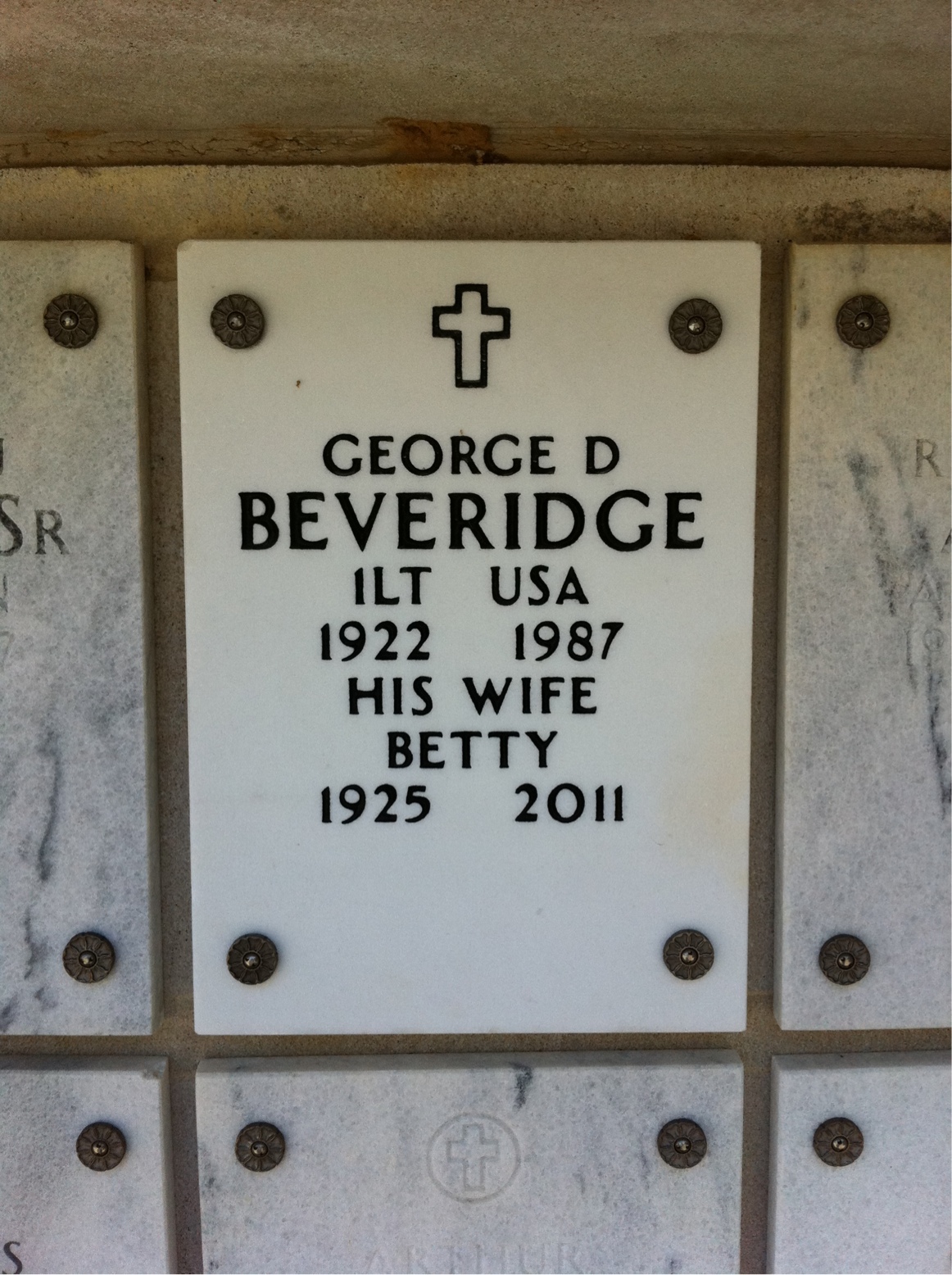George D. Beveridge on:
[Wikipedia]
[Google]
[Amazon]
George D. Beveridge (January 5, 1922 – February 14, 1987) was an American journalist praised for his coverage of the
 Beveridge joined the ''Evening Star'' in 1940 as a copyboy while attending
Beveridge joined the ''Evening Star'' in 1940 as a copyboy while attending
Washington
Washington commonly refers to:
* Washington (state), United States
* Washington, D.C., the capital of the United States
** A metonym for the federal government of the United States
** Washington metropolitan area, the metropolitan area centered o ...
politics, government, and regional development, and described by ''The Washington Post
''The Washington Post'' (also known as the ''Post'' and, informally, ''WaPo'') is an American daily newspaper published in Washington, D.C. It is the most widely circulated newspaper within the Washington metropolitan area and has a large n ...
'' as "an expert on this city and a keen observer and critic of journalistic ethics and practices".
He won a Pulitzer Prize
The Pulitzer Prize () is an award for achievements in newspaper, magazine, online journalism, literature, and musical composition within the United States. It was established in 1917 by provisions in the will of Joseph Pulitzer, who had made ...
for 1957 coverage of Washington urban problems.
Youth
Born in Washington, D.C., Beveridge's father worked as a machinist for the federal government during theGreat Depression
The Great Depression (19291939) was an economic shock that impacted most countries across the world. It was a period of economic depression that became evident after a major fall in stock prices in the United States. The economic contagio ...
. Although he lived briefly in Arlington, VA
Arlington County is a county in the Commonwealth of Virginia. The county is situated in Northern Virginia on the southwestern bank of the Potomac River directly across from the District of Columbia, of which it was once a part. The county is ...
and raised his family in Bethesda, MD
Bethesda () is an unincorporated, census-designated place in southern Montgomery County, Maryland. It is located just northwest of Washington, D.C. It takes its name from a local church, the Bethesda Meeting House (1820, rebuilt 1849), which i ...
, he regarded himself a lifelong resident of the District, where he graduated from Eastern High School.
Early career
After graduating from high school, Beveridge began his journalism career as a copyboy at the city's '' Evening Star''. He enlisted in theUS Army
The United States Army (USA) is the land service branch of the United States Armed Forces. It is one of the eight U.S. uniformed services, and is designated as the Army of the United States in the U.S. Constitution.Article II, section 2, cla ...
in 1942, where he wrote press releases before returning to the ''Star'' for what became a 41-year career there as reporter, editor, editorial writer, and ombudsman. He won the paper's first Pulitzer Prize for written journalism in 1958.
''Evening Star, Washington Star''
 Beveridge joined the ''Evening Star'' in 1940 as a copyboy while attending
Beveridge joined the ''Evening Star'' in 1940 as a copyboy while attending George Washington University
, mottoeng = "God is Our Trust"
, established =
, type = Private federally chartered research university
, academic_affiliations =
, endowment = $2.8 billion (2022)
, presi ...
in the city. He worked his way up the ladder from general assignment reporter to local and then national news reporter.
In 1958, Beveridge wrote a series of articles about urban growth and development in Washington and its Maryland and Northern Virginia suburbs (much of the current Washington metropolitan area
The Washington metropolitan area, also commonly referred to as the National Capital Region, is the metropolitan area centered on Washington, D.C. The metropolitan area includes all of Washington, D.C. and parts of the states of Maryland, Virgi ...
), delineating the concept of those municipalities acting together as a region. The series, titled "Metro, City of Tomorrow" earned him a Pulitzer Prize
The Pulitzer Prize () is an award for achievements in newspaper, magazine, online journalism, literature, and musical composition within the United States. It was established in 1917 by provisions in the will of Joseph Pulitzer, who had made ...
for Local Reporting, No Edition Time (a predecessor of the Investigative Reporting Prize). The jury called the series "excellent and thought-provoking ... describing in depth the urban problems of Washington, D.C., which stimulated widespread public consideration of these problems and encouraged further studies by both public and private agencies.
In 1963, he began an 11-year stint as the ''Star's'' chief editorial writer on local affairs. After returning to the newsroom as assistant managing editor for local news, he became the ''Star's'' first ombudsman. When the paper folded in 1981, Beveridge co-wrote the lead story for its last edition.
George Beveridge died of leukemia
Leukemia ( also spelled leukaemia and pronounced ) is a group of blood cancers that usually begin in the bone marrow and result in high numbers of abnormal blood cells. These blood cells are not fully developed and are called ''blasts'' or ...
at his home in Bethesda on February 14, 1987, aged 65.
See also
References
External links
* {{DEFAULTSORT:Beveridge, George 1922 births 1987 deaths American male journalists Pulitzer Prize for Investigative Reporting winners The Washington Star people Journalists from Washington, D.C. People from Bethesda, Maryland Deaths from cancer in Maryland George Washington University alumni Deaths from leukemia Burials at Arlington National Cemetery 20th-century American non-fiction writers 20th-century American male writers United States Army personnel of World War II Eastern High School (Washington, D.C.) alumni